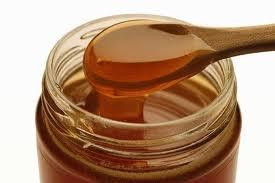Is your vision not what it used to be? Having a hard time seeing...
Recent Research News
If you are a committed coffee drinker or enjoy a few too many caffeinated...
Recent research tells us about the need for vitamin D, especially for African Americans,...
Diabetes may be the biggest threat to Americans’ collective health over the next few...
Natural settings like parks and woodlands refresh the brain, and may even improve physical...
Studying 8,128 men over a 15-year period, men who drank just a soda a...
A new study shows that eight weeks of daily meditation moderated people’s responses to...
Anything that can help TBI victims’ prognoses and families – and save billions in...
Every once in a while we like to do a recap of recent studies...
Last year, two studies from Europe and the Mayo Clinic linked diets high in...
Beyond improving how you feel today and helping you avoid diseases in the future,...
Today I’m going to take a little bit of a different approach and talk...
Though it was already well known, once again research has been concluded that clearly...













